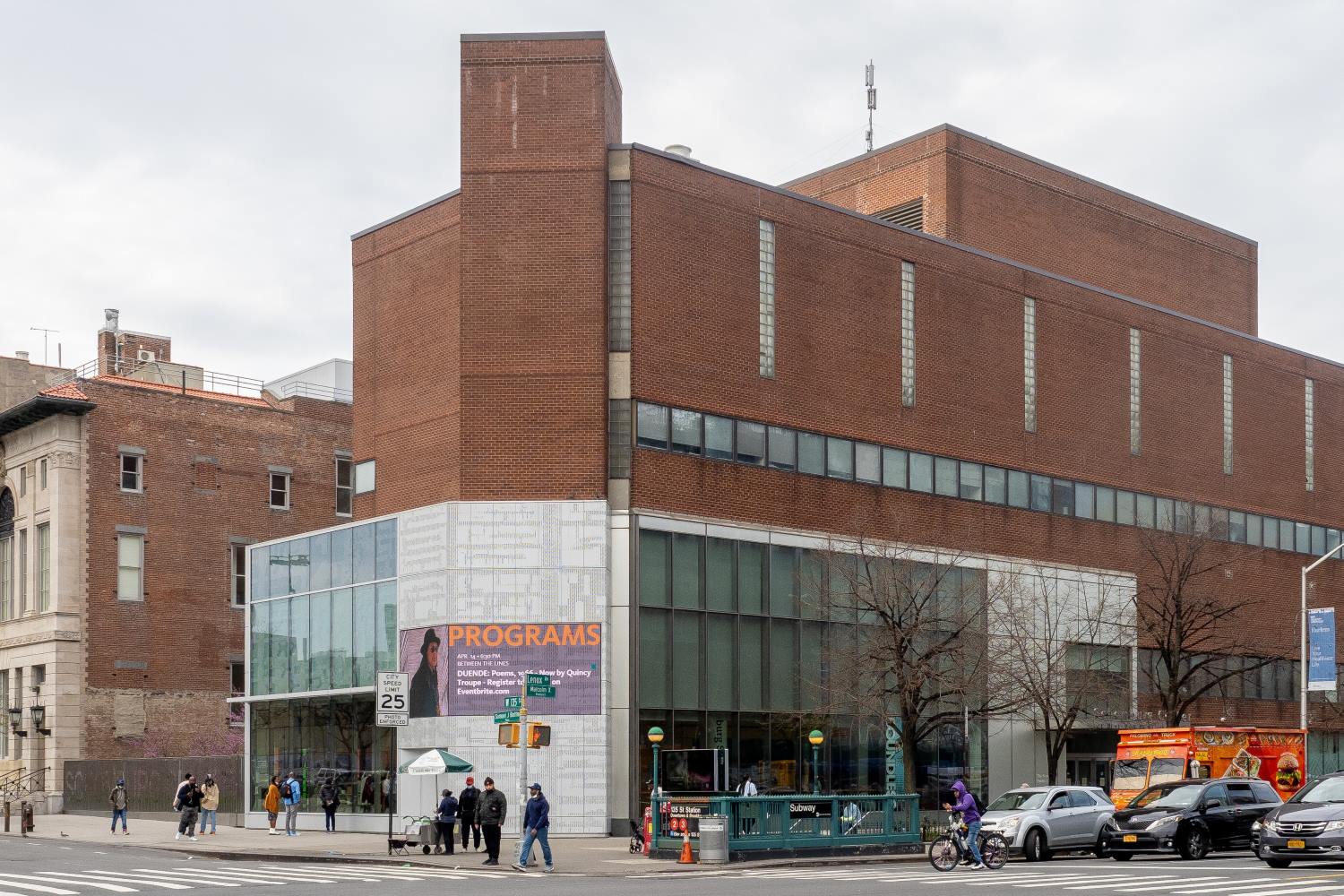Harlem – New York’s African American Cultural Center

Harlem stands as a vibrant hub of African American culture in New York City. Known for its rich history, this neighborhood has been the birthplace of countless artistic movements, including the Harlem Renaissance. Walking through its streets, you can feel the echoes of jazz legends, literary giants, and civil rights leaders who once called this place home. From the soulful sounds of the Apollo Theater to the mouth-watering flavors of soul food at Sylvia's, Harlem offers a unique blend of history, art, and community. Whether you're a history buff, music lover, or foodie, Harlem has something special to offer.
Harlem's Rich History
Harlem, located in Upper Manhattan, is a neighborhood brimming with history and culture. Known as the epicenter of African American culture, it has played a pivotal role in shaping the arts, music, and social movements in the United States. Let's explore some key places that make Harlem a must-visit destination.
Apollo Theater
The Apollo Theater is a legendary music hall that has launched the careers of countless African American artists. This iconic venue continues to be a cultural landmark.
- Apollo Theater: Opened in 1934, this theater has hosted legends like Ella Fitzgerald, James Brown, and Michael Jackson. Amateur Night at the Apollo remains a popular event where new talents are discovered.
Historic Landmarks
Harlem is home to several historic landmarks that offer a glimpse into its storied past. These sites are essential for understanding the neighborhood's cultural and historical significance.
Sylvia's Restaurant: Established in 1962, Sylvia's is a soul food institution. Known as the "Queen of Soul Food," Sylvia Woods' restaurant has served everyone from locals to celebrities.
The Schomburg Center for Research in Black Culture: This research library is dedicated to the preservation of African American, African Diaspora, and African experiences. It houses over 10 million items, including rare books, photographs, and manuscripts.
Cultural Institutions
Harlem's cultural institutions celebrate African American heritage through art, music, and literature. These venues are perfect for those looking to immerse themselves in the neighborhood's vibrant culture.
Studio Museum in Harlem: This museum focuses on contemporary art by artists of African descent. It offers exhibitions, artist residencies, and educational programs.
National Jazz Museum in Harlem: Dedicated to preserving and celebrating jazz, this museum offers exhibits, performances, and educational programs. It's a great place to learn about the genre's history and its impact on American culture.
Parks and Outdoor Spaces
Harlem's parks and outdoor spaces provide a respite from the hustle and bustle of city life. These green spaces are perfect for relaxation and recreation.
Marcus Garvey Park: This park features an amphitheater, playgrounds, and a swimming pool. It's a popular spot for community events and performances.
Morningside Park: Known for its scenic views and lush greenery, Morningside Park offers walking trails, sports facilities, and picnic areas.
Churches and Religious Sites
Harlem's churches and religious sites are not only places of worship but also important cultural and historical landmarks. They have played a significant role in the community's social and political life.
Abyssinian Baptist Church: Founded in 1808, this church has been a cornerstone of the Harlem community. It has a rich history of social activism and is known for its powerful gospel choir.
Mother African Methodist Episcopal Zion Church: Established in 1796, this church is one of the oldest African American congregations in the United States. It has been a center for civil rights activism and community service.
Educational Institutions
Harlem is home to several educational institutions that have contributed to the intellectual and cultural development of the neighborhood. These schools and centers offer a range of programs and resources.
City College of New York: Founded in 1847, City College has a long history of academic excellence and social activism. Its campus features beautiful Gothic architecture and offers a wide range of programs.
Harlem School of the Arts: This institution provides arts education to young people in the community. It offers classes in music, dance, theater, and visual arts.
Community Centers and Social Hubs
Harlem's community centers and social hubs are vital to the neighborhood's sense of unity and identity. These spaces offer programs and services that support residents and foster a strong community spirit.
Harlem YMCA: This community center offers fitness facilities, educational programs, and social services. It's a hub for community activities and events.
Harlem Children's Zone: This nonprofit organization provides comprehensive support to children and families in Harlem. Its programs include education, health, and social services aimed at breaking the cycle of poverty.
Shopping and Dining
Harlem's shopping and dining scene reflects its rich cultural heritage. From boutique shops to iconic eateries, there's something for everyone.
Harlem Market: This open-air market features vendors selling African-inspired clothing, jewelry, and crafts. It's a great place to find unique souvenirs and gifts.
Red Rooster Harlem: This restaurant, owned by celebrity chef Marcus Samuelsson, offers a menu inspired by Harlem's diverse culinary traditions. It's a popular spot for both locals and visitors.
Embracing Harlem's Rich Culture
Harlem stands as a vibrant testament to African American culture. From the soulful sounds of jazz at the Apollo Theater to the rich history at the Schomburg Center, Harlem offers a unique blend of art, music, and history. Walking through its streets, you can feel the energy and resilience of a community that has shaped American culture. Local eateries serve up delicious soul food, while the Studio Museum showcases contemporary African American art. Harlem is not just a place to visit; it's an experience that leaves a lasting impression. Whether you're exploring historic landmarks or enjoying a live performance, Harlem invites you to be part of its ongoing story. So next time you're in New York, make sure to spend some time in Harlem. It's a cultural journey you won't forget.

